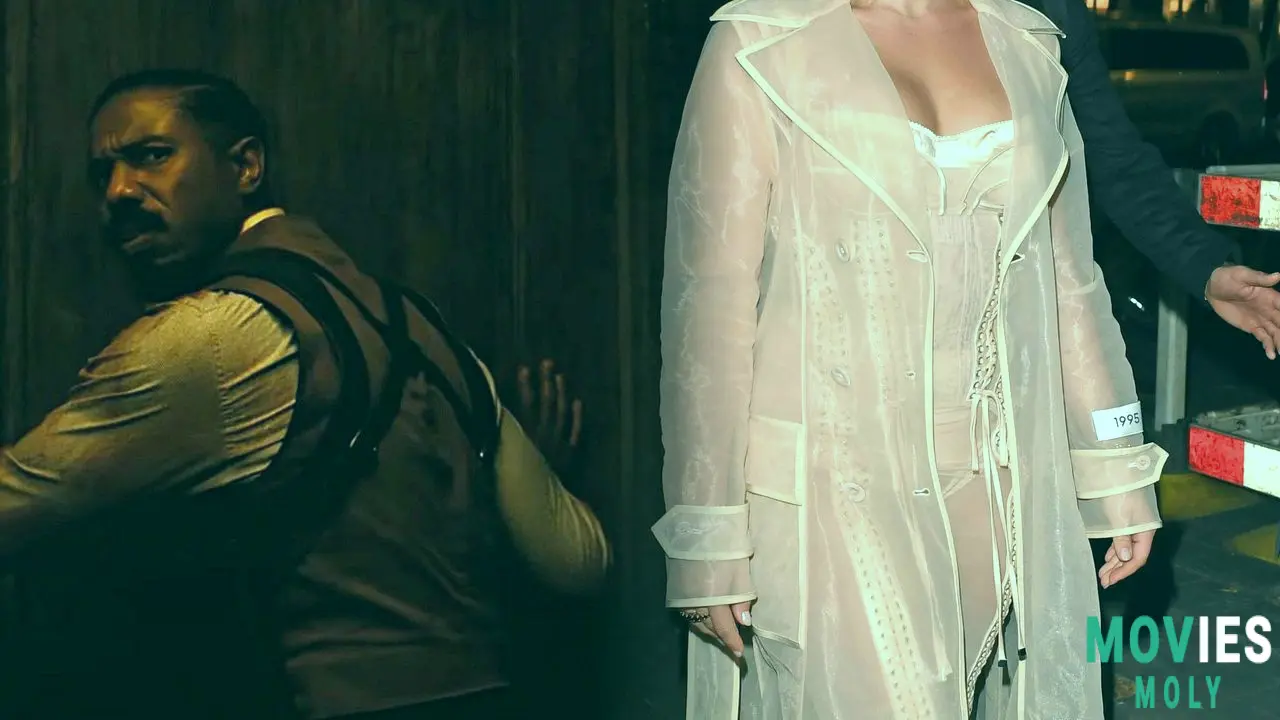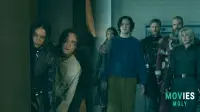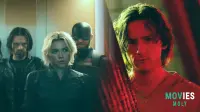Marvel Studios’ Thunderbolts* may not feature the cosmic scale of a Avengers showdown or the zaniness of a Deadpool escapade, but early critical reactions suggest it’s done something far more important: brought the soul back to the MCU. As the first wave of reviews and audience reactions hit online ahead of its theatrical release next week, Thunderbolts* is being hailed as one of Marvel’s best films in years—if not one of its most emotionally grounded triumphs ever.
Critics agree: Thunderbolts* is emotional Marvel storytelling at its finestAfter a lukewarm response to February’s Captain America: Brave New World, Marvel fans and critics alike are craving a different kind of heroism, and Thunderbolts* appears to deliver just that. Emily Murray of Total Film called it “easily one of the best MCU Movies in a long time,” while Tessa Smith from Mama’s Geeky didn’t mince words, labeling it “flat-out top-tier Marvel.” This isn’t just praise—it’s a recalibration of what Marvel’s cinematic universe can be when it focuses on character rather than spectacle.
Griffin Schiller of FilmSpeak likened the film to a “spiritual sequel” to James Gunn’s Guardians of the Galaxy trilogy, but with a crucial distinction: Thunderbolts* trades cosmic quips for grounded grief. As Sean Chandler pointed out, it’s “another story of rejects finding their family,” but one that **leans into the emotional weight of that journey** rather than masking it with humor.
And that emotional weight is where Thunderbolts* truly lands. Rotten Tomatoes critics are describing the film as a “group therapy session in comic book form” and “some of Marvel’s darkest material to date.” It’s a film that doesn’t just feature anti-heroes—it **dives into their brokenness, loneliness, and desperate search for purpose**.
Florence Pugh shines with a performance as bold as her MCU fashion
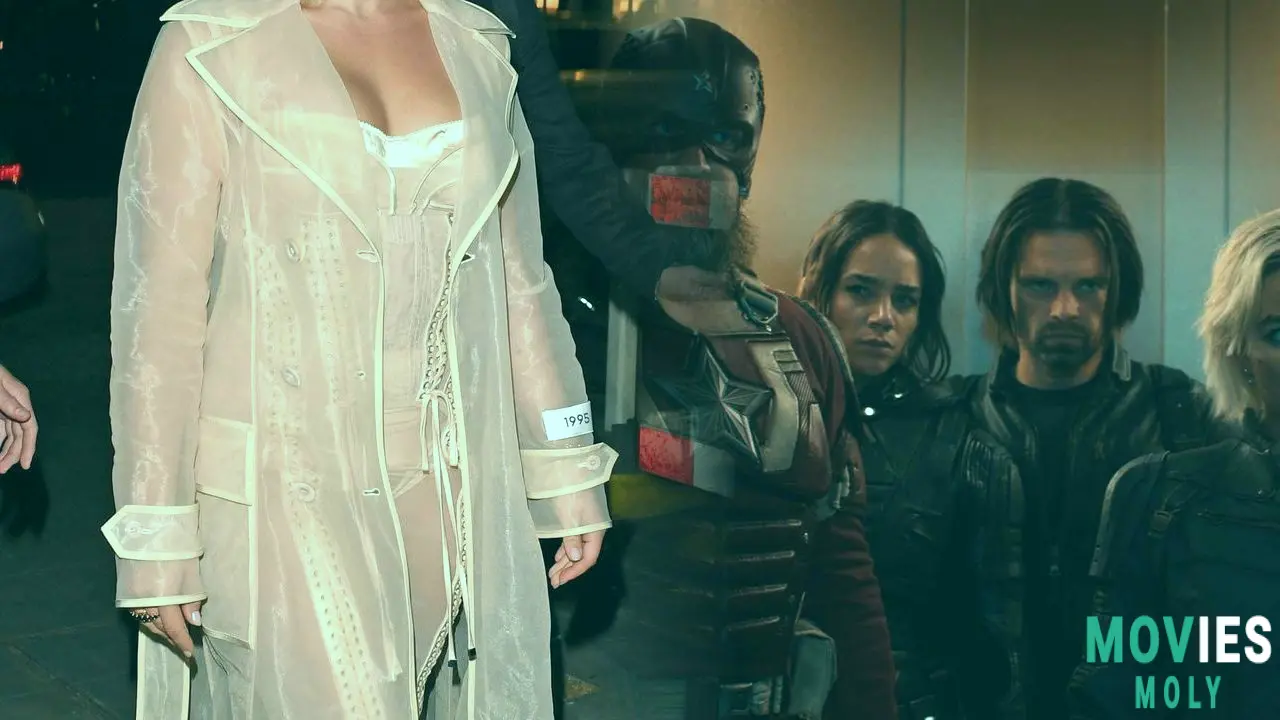
While the ensemble cast of misfits brings energy and grit to the screen, it’s Florence Pugh who **steals the show**—both in character and in couture. The actor’s magnetic presence at the Thunderbolts* premieres across Europe has been matched only by her daring wardrobe choices. From a black sheer lace gown adorned with glittering fabric flowers at the UK red carpet, to a champagne Dolce & Gabbana lingerie-inspired look at the after-party, Pugh’s fashion game is as fearless as her performance.
But Pugh’s onscreen bravado isn’t just about aesthetics. In a genre where female heroes are still fighting for complex roles, she **carries the dramatic weight of Thunderbolts* on her shoulders**. Critics like Matt Neglia note that her performance, alongside Lewis Pullman’s, gives the film its heart. And fans won’t just be admiring her acting—they’ll be gripping their seats during a particular stunt she insisted on doing herself, despite the risks. Yes, Pugh really jumped off the world’s second tallest building, and yes, she had to “beg” Kevin Feige to let her do it.
Mental health takes center stage in a rare superhero breakthrough
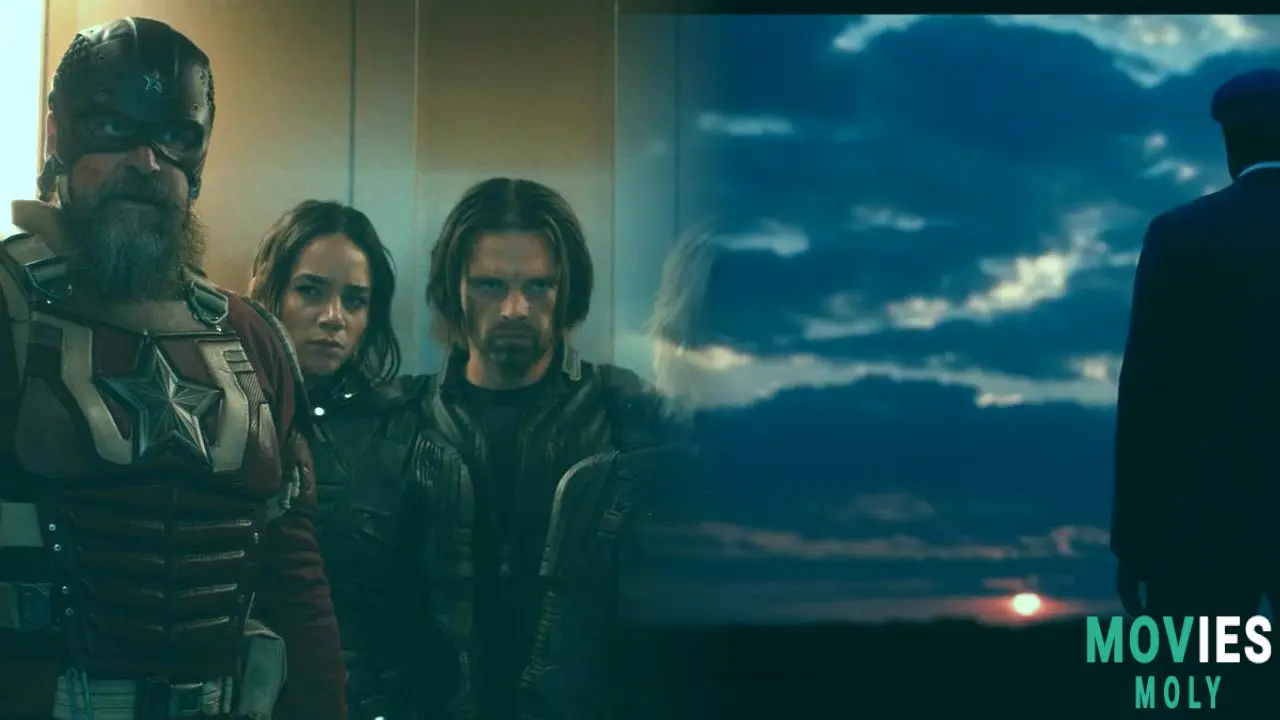
Perhaps the most striking element of Thunderbolts* is how seamlessly it weaves **mental health into its narrative**. This isn’t Marvel borrowing themes for depth—it’s thematically driven storytelling at its best. Sean Chandler sums it up perfectly: “It’s overtly about depression, loneliness, and purpose. The whole point is they’re reject characters.”
For once, mental health isn’t a setup for a joke or a fleeting line. Critics like Rendy Jones commend the film for treating these issues “as a serious matter.” Matt Neglia describes the film as “emotional wreckage of broken individuals grappling with their past choices.” And Paul Klein shares a personal connection, revealing that the film “peeled back layers on a subject I have long fought with… I also cried at a story I think people will relate to.”
Thunderbolts* doesn’t just show heroes fighting villains—it shows heroes fighting themselves. It’s messy, it’s real, and for many, it’s **the most relatable thing Marvel has ever put on screen**.
Not flawless, but perfectly fitting for Marvel’s next chapter
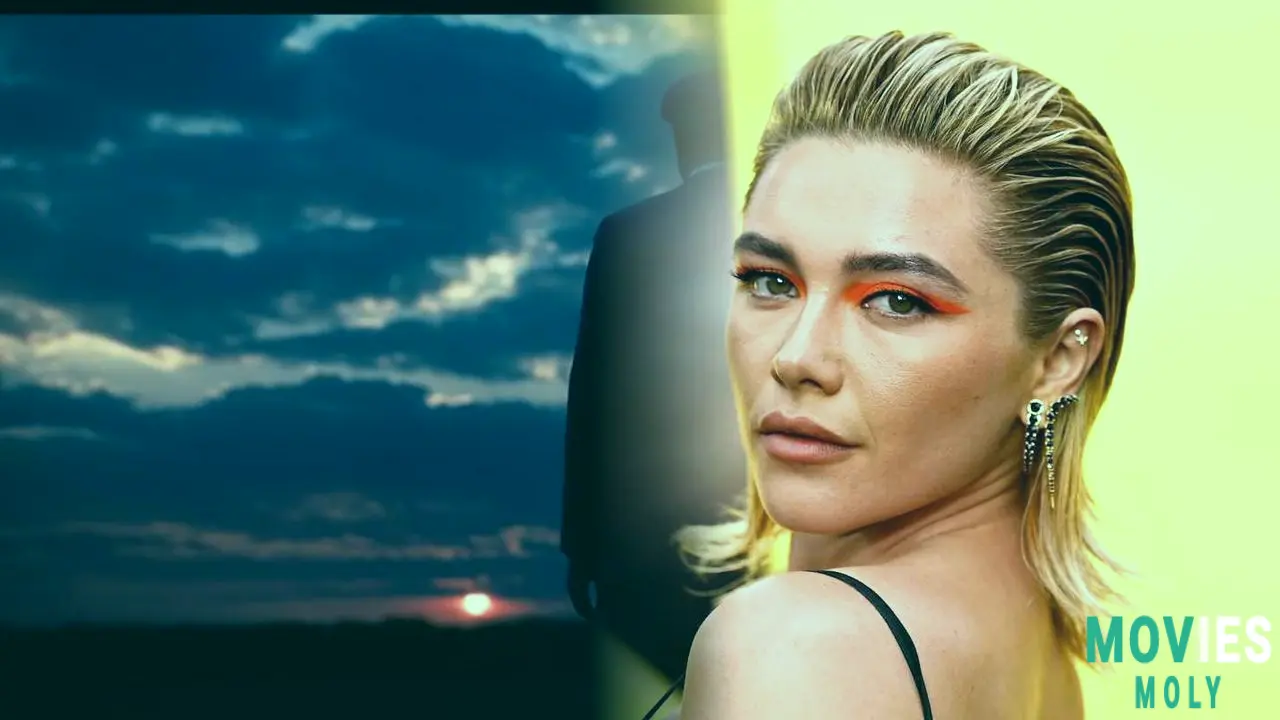
Sure, some critics like John Flickinger note that the film’s second half veers into “typical MCU, formulaic comic book” territory, and that the plot itself isn’t groundbreaking. But in a franchise often criticized for prioritizing setup over payoff, Thunderbolts* **prioritizes emotional resonance over plot complexity**. Its “rough edges,” as Matt Neglia puts it, actually work in its favor—they mirror the lives of the anti-heroes on screen.
What Thunderbolts* may lack in narrative innovation, it more than makes up for with **character depth, thematic boldness, and emotional honesty**. And with a second post-credit scene described as a “biggie” by Empire’s Amon Warmann, it looks like Marvel is not only reflecting on its past but also **recharging its future**.
Thunderbolts* is the MCU’s emotional comeback and a fandom must-see
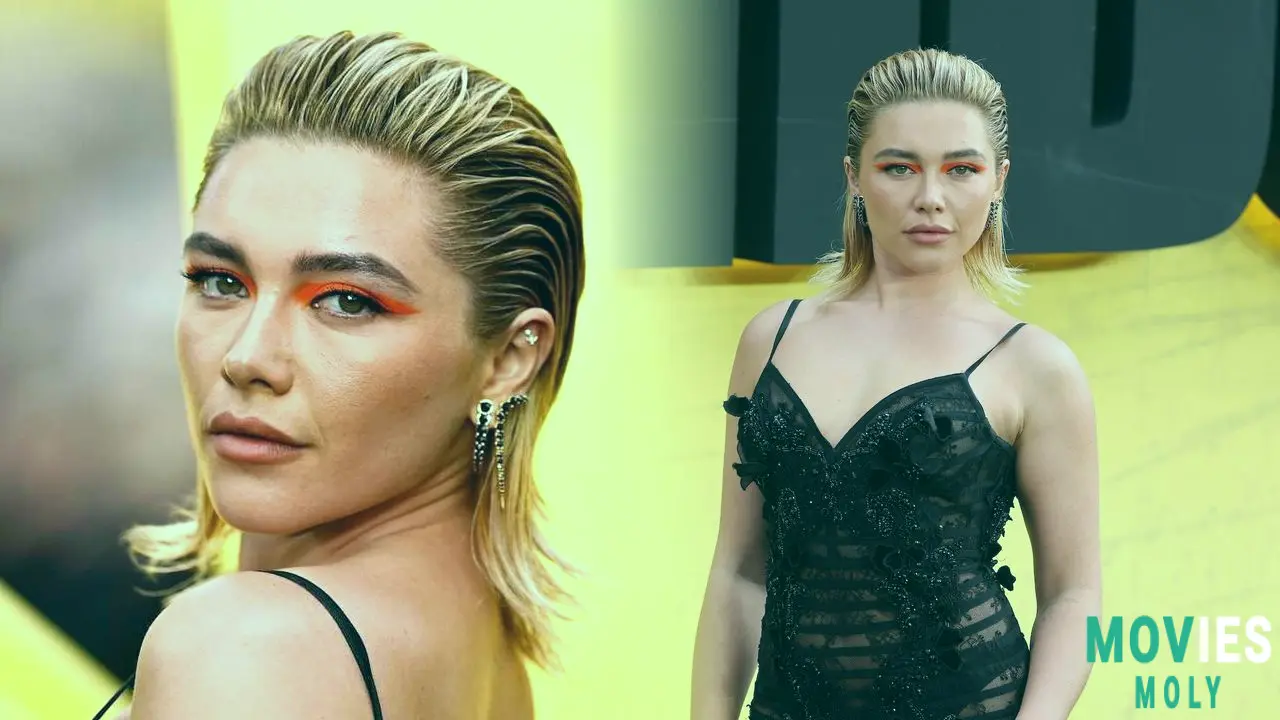
Marvel may have given us another win in the form of Thunderbolts*, a film that dares to be gritty, emotional, and imperfect. It’s a team-up movie that feels more like a character study, a therapy session, and a love letter to the **emotionally wounded heroes** who never got their chance to shine. Whether you're a comic book fanatic, a MCU marathoner, or just someone looking for a story that sticks to your ribs, Thunderbolts* is **the film Marvel needed to make—and the one fans needed to see.**

